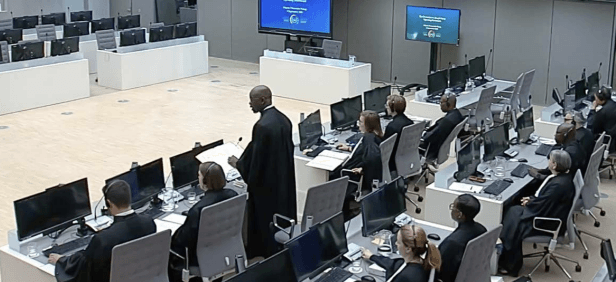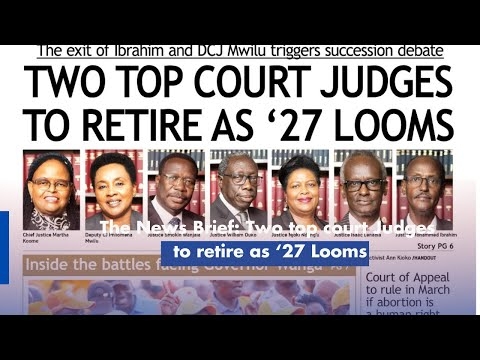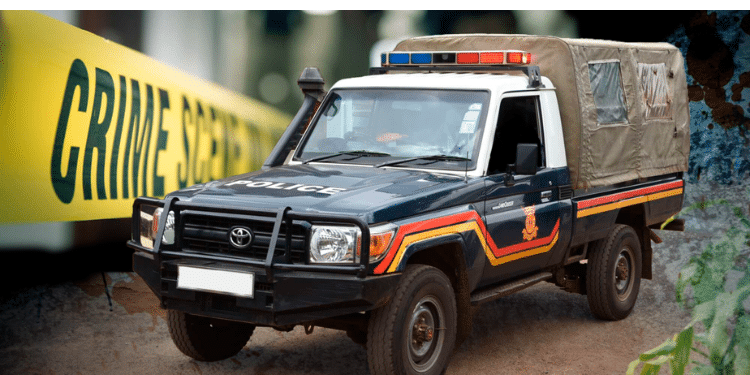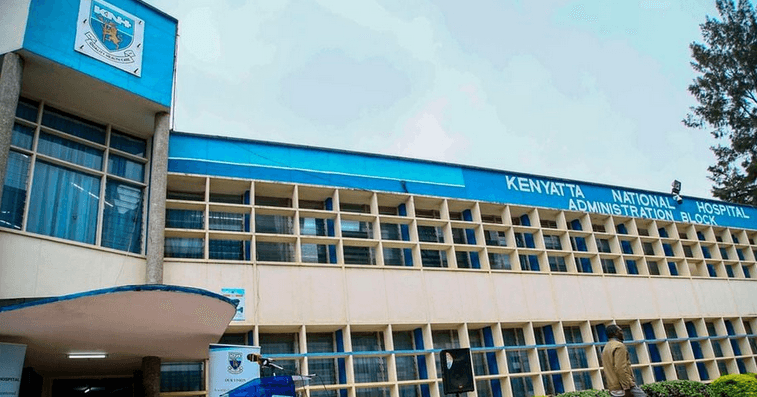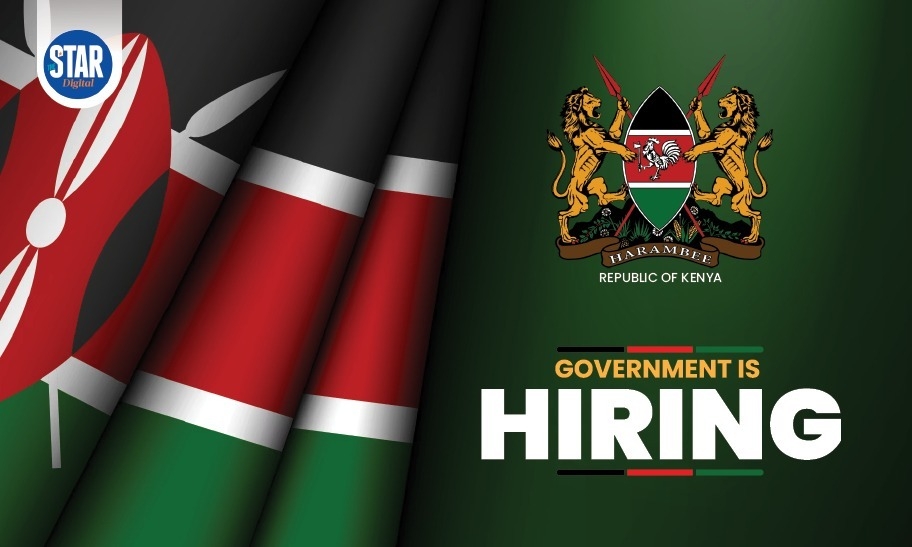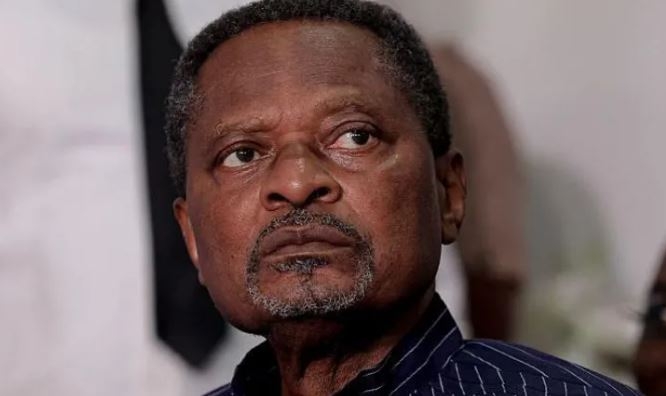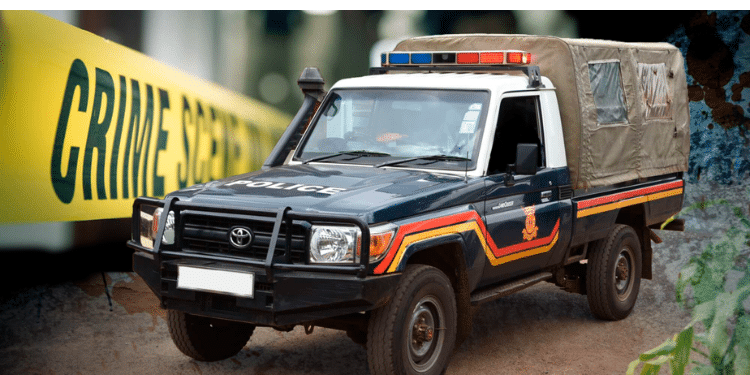President William Ruto on Tuesday night denounced protests that saw Parliament stormed as “treasonous”.
“We shall provide a full and expeditious response to the treasonous events,” the president stated, assuring the nation of the government’s determination to secure the country.
What is treason?
Treason is a serious offence against the state and is provided for in Section 40 of the Penal Code.
Treason involves where a person or persons compass, imagines, invents, devises or intends the death, maiming or wounding, or the imprisonment or restraint, of the President.
It also involves the deposing by unlawful means of the President from his position as President or from the style, honour and name of Head of State and Commander-in-Chief of the Armed Forces of the Republic of Kenya.
Treason is also defined as a person overthrows by unlawful means of the government and expresses, utters or declares any such compassings, imaginations, inventions, devices or intentions by publishing any printing or writing or by any overt act or deed, is guilty of the offence of treason.
Section 40(2) of the penal Code states that a person commits treason if a person owing allegiance to the Republic levies war in Kenya against the Republic or is adherent to the enemies of the Republic, or gives them aid or comfort, in Kenya or elsewhere.
A person also commits treason if they instigate whether in Kenya or elsewhere any person to invade Kenya with an armed force.
Section 40(3) of the Penal Code provides that a person who is guilty of the offence of treason shall be sentenced to death.
Concealment of treason
The Penal Code provides that a person conceals treason if one becomes an accessory after the fact to treason.
A person also conceals treason if a person knowing that any person intends to commit treason, does not give information thereof with all reasonable despatch to the Attorney-General.
Such information is also supposed to be given to an administrative officer, magistrate, or officer in charge of a police station.
Those found guilty of concealing treason including using other reasonable endeavours to prevent the commission of the offence are guilty of the felony termed misprision of treason and are liable to imprisonment for life.
Treasonable felony
This is provided under section 43 of the Penal Code.
The law provides that a person commits a treasonable felony if not owing allegiance to the Republic, in Kenya or elsewhere, commits any act or combination of acts which, if it were committed by a person who owed such allegiance, would amount to the offence of treason.
Such a person found guilty is liable to imprisonment for life.
Treachery
This is provided in section 43A of the penal code.
It provides that any person who, with intent to help the enemy, does any act which is designed or likely to give assistance to the enemy, or to interfere with the maintenance of public order or the government of Kenya, or to impede the operation of the disciplined forces, or to endanger life, is guilty of a felony and is liable to imprisonment for life.
Provisions as to trial for treason
The Penal Code provides that a person cannot be tried for treason, or any of the felonies defined in sections 42, 43, 43A and 44 unless the prosecution is commenced within two years after the offence is committed.
The law also provides that a person charged with treason, or with any of such felonies, may be convicted, except on his plea of guilty, or the evidence in open court of two witnesses at the least to one overt act of the kind of treason or felony alleged.
A person can also be convicted on the evidence of one witness to one overt act and one other witness to another overt act of the same kind of treason or felony.
The Penal Code also provides that if the facts or matters alleged in a charge for any of such felonies amount in law to treason, and if the facts or matters proved at the trial of the person charged amount in law to treason, such person shall not, by reason thereof, be entitled to be acquitted of the felony.
However, the person tried for the felony shall not afterwards be prosecuted for treason upon the same facts.
A person charged with treason or with any of such felonies who is in Kenya may, whether or not the offence was committed in Kenya, be taken in custody to any place in Kenya.
That person may be proceeded against, charged, tried and punished in any place in Kenya, as if the offence had been committed in Kenya.
For all purposes incidental to or consequential on the trial or punishment of the offence, the offence shall be deemed to have been committed in Kenya.
However, this provision does not apply to cases in which the overt act of treason alleged is the killing of the President, or a direct attempt to endanger the life or injure the person of the President.
Past treason instances
Treason is a crime punishable by death although Kenya has not executed anyone for 30 years.
In 2027 Kenya's attorney general said that an opposition plan to have its leader Raila Odinga sworn in as an alternative president would amount to treason.
Raila had challenged the result of the August 2027 presidential election but then boycotted the court-ordered October rerun, handing victory to President Uhuru Kenyatta.
Attorney General Githu Muigai had said any such move would be illegal.
"The criminal law in the republic of Kenya... stipulates that that process is high treason," he said.
"It is high treason in respect of the person so involved and any other person facilitating that process," he said.
Lawyer Miguna Miguna was also threatened with Treason charges in 2018 after he swore in Raila in a mock exercise at Uhuru Park.
'Moi era' treason cases
Treason, concealment of treason and subversion charges were used to detain and imprison numerous critics of the Moi regime.
The adoption of the 2010 constitution did not lead to a repeal or amendment of these laws.
After the 1982 coup, 12 alleged plotters were convicted of treason and sentenced to death.
They included Corporal Bramwel Njereman, Corporal Walter Ojode, Hezekiah Ochuka and Pancras Otenyo
The men were executed on the night of July 10, 1985, at Kamiti Maximum Security Prison.



